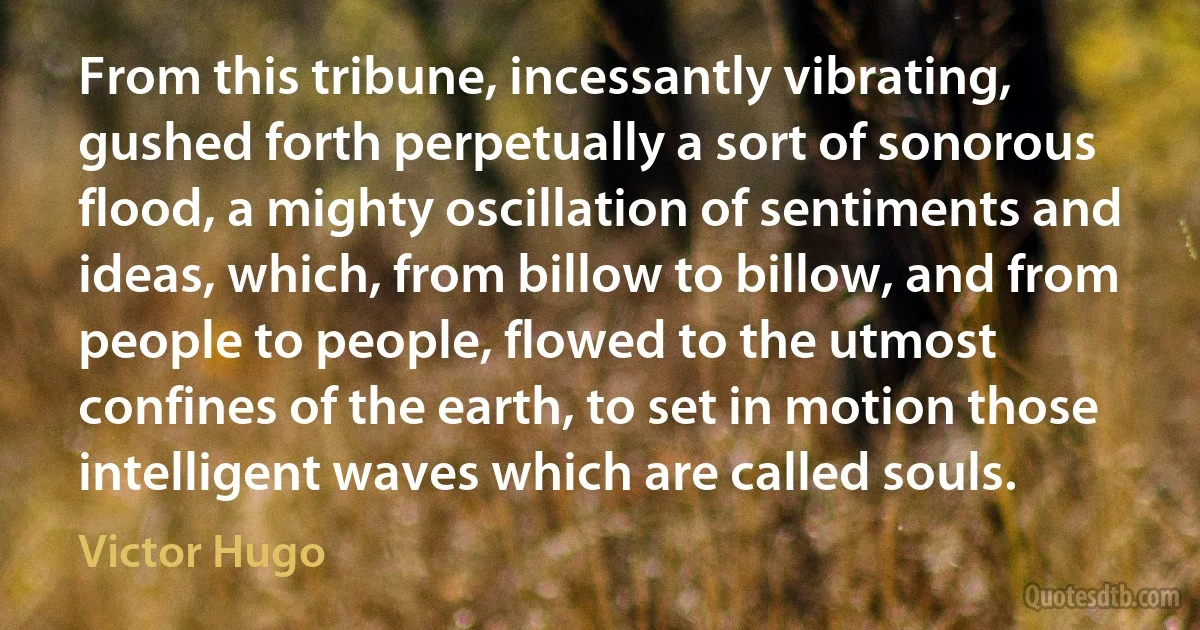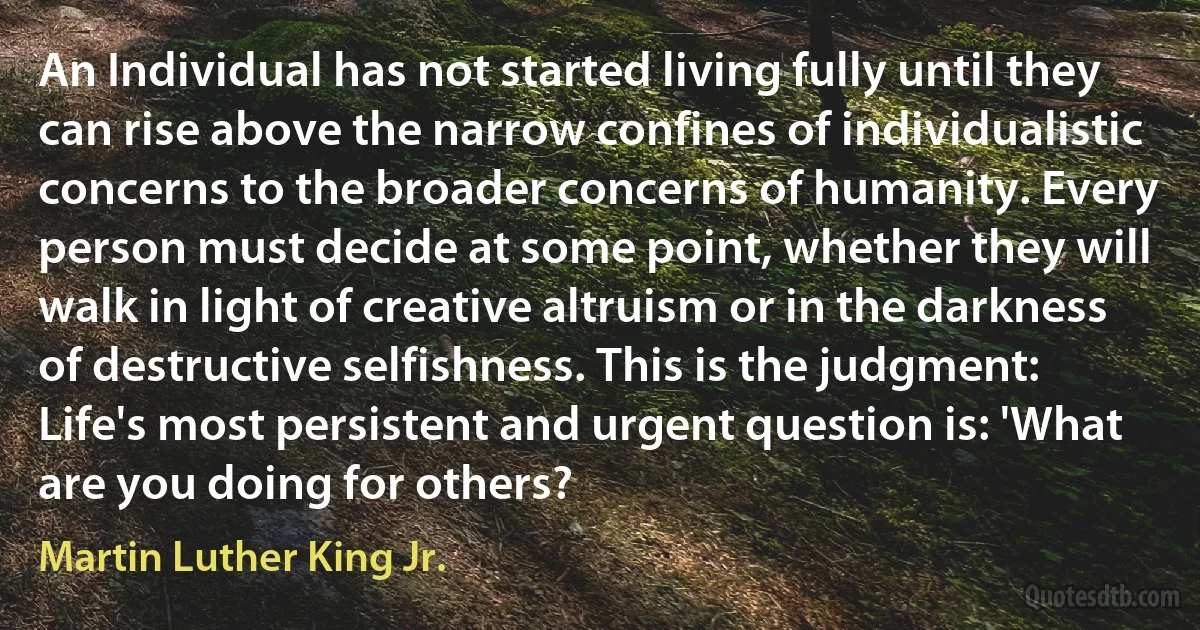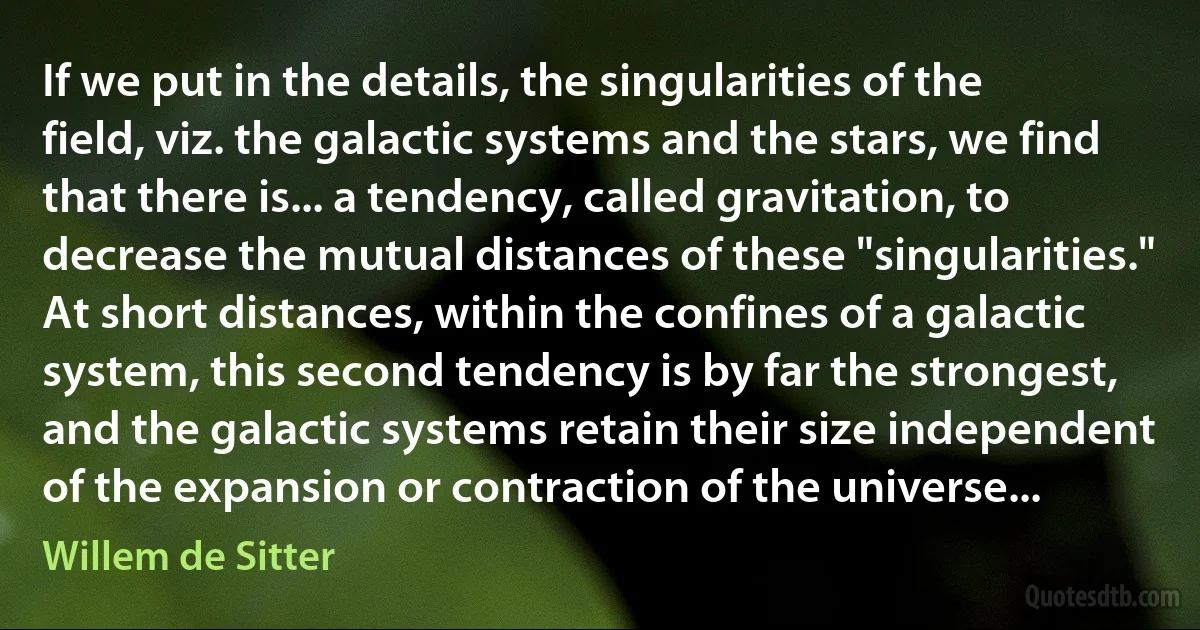Confines Quotes - page 3
In the history of madness, two events signal this change with singular clarity: in 1657, the founding of the Hôpital Général, and the Great Confinement of the poor; and in 1794, the liberation of the mad in chains at Bicêtre. Between these two singular and symmetrical events, something happened, whose ambiguity has perplexed historians of medicine: blind repression in an absolutist regime, according to some, and, according to others, the progressive discovery, by science and philanthropy, of madness in its positive truth. In fact, beneath these reversible meanings, a structure was taking shape, which did not undo that ambiguity but was decisive for it. This structure explains the passage from the medieval and humanist experience of madness to the experience that is our own, which confines madness in mental illness.

Michel Foucault
The human condition: Lost in thought Most people spend their entire life imprisoned within the confines of their own thoughts. They never go beyond a narrow, mind-made, personalized sense of self that is conditioned by the past. In you, as in each human being, there is a dimension of consciousness far deeper than thought. It is the very essence of who you are. We may call it presence, awareness, the unconditioned consciousness. In the ancient teachings, it is the Christ within, or your Buddha nature.

Eckhart Tolle
Titus is seven. His confines, Gormenghast. Suckled on shadows; weaned, as it were, on webs of ritual: for his ears, echoes, for his eyes, a labyrinth of stone: and yet within his body something other – other than this umbrageous legacy. For first and ever foremost he is child.
A ritual, more compelling than ever devised, is fighting anchored darkness. A ritual of the blood; of the jumping blood. These quicks of sentience owe nothing to his forebears, but to those feckless hosts, a trillion deep, of the globe's childhood.
The gift of the bright blood. Of blood that laughs when the tenets mutter ‘Weep'. Of blood that mourns when the sere laws croak ‘Rejoice!' O little revolution in great shades!

Mervyn Peake
Psychiatry is institutionalized scientism: it is the systematic imitation, impersonation, counterfeiting, and deception. This is the formula: every adult smokes (drinks, engages in sexual activity, etc.); hence, to prove that he is an adult, the adolescent smokes (drinks, engages in sexual activity, etc). Mutatis mutandis: every science consists of classification, control, and prediction; hence to prove psychiatry is a science, the psychiatrist classifies, controls, predicts. The result is that he classifies people as mad; that he confines them as dangerous (to themselves or others); and that he predicts people's behavior, robbing them of their free will and hence of their very humanity.

Thomas Szasz
[Darwin's] inquiry characteristically confines itself to the process of cumulative change. His results, as well as his specific determination of the factors at work in this process of cumulative change, have been questioned; perhaps they are open to all the criticisms levelled against them as well as a few more not thought of; but the scope and method given to scientific enquiry by Darwin and the generation whose spokesman he is has substantially not been questioned, except by that diminishing contingent of the faithful.

Thorstein Veblen
From the internal reality, by which I means the totality of psychological experiences, it [science] actually separates us. Art, for example, deals with many more aspects of this internal reality than does science, which confines itself deliberately and by convention to the study of one very limited class of experiences the experiences of sense.

Aldous Huxley
Now because 18 months ago the first dawn, 3 months ago broad daylight but a very few days ago the full sun of the most highly remarkable spectacle has risen - nothing holds me back. I can give myself up to the sacred frenzy, I can have the insolence to make a full confession to mortal men that I have stolen the golden vessel of the Egyptians to make from them a tabernacle for my God far from the confines of the land of Egypt. If you forgive me I shall rejoice; if you are angry, I shall bear it; I am indeed casting the die and writing the book, either for my contemporaries or for posterity to read, it matters not which: let the book await its reader for a hundred years; God himself has waited six thousand years for his work to be seen.

Johannes Kepler
The man who is thus outside the confines of every value-combination, and has become the exclusive representative of an individual value, is metaphysically an outcast, for his autonomy presupposes the resolution and disintegration of all system into its individual elements; such a man is liberated from values and from style, and can be influenced only by the irrational.

Hermann Broch
I adore my life: it is filled with so much true poetry, fine feelings, things many have no idea about. I despise my life, which, being rich, allowed itself to be crammed into the confines of conventions. Between these two opinions pulsates my soul always longing for beauty and good.

Marianne von Werefkin
Many of us believed in the possibility of a principled explanation for the laws of nature. We hoped to discover a short list of principles, which could be realized in a unique theory, which would retrodict the standard model and uniquely predict the physics to be discovered beyond it. The shocking implication of the results of Strominger reported in 1986 was that it was not to be, at least within the confines of string theory. ...String theory offered more, however... It offered the promise of a setting in which the different perturbative string theories are realized as expansions around solutions of a still more fundamental theory. ...That more fundamental theory would have to be background independent...

Lee Smolin



